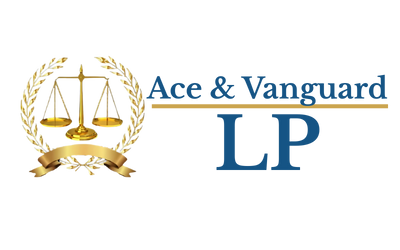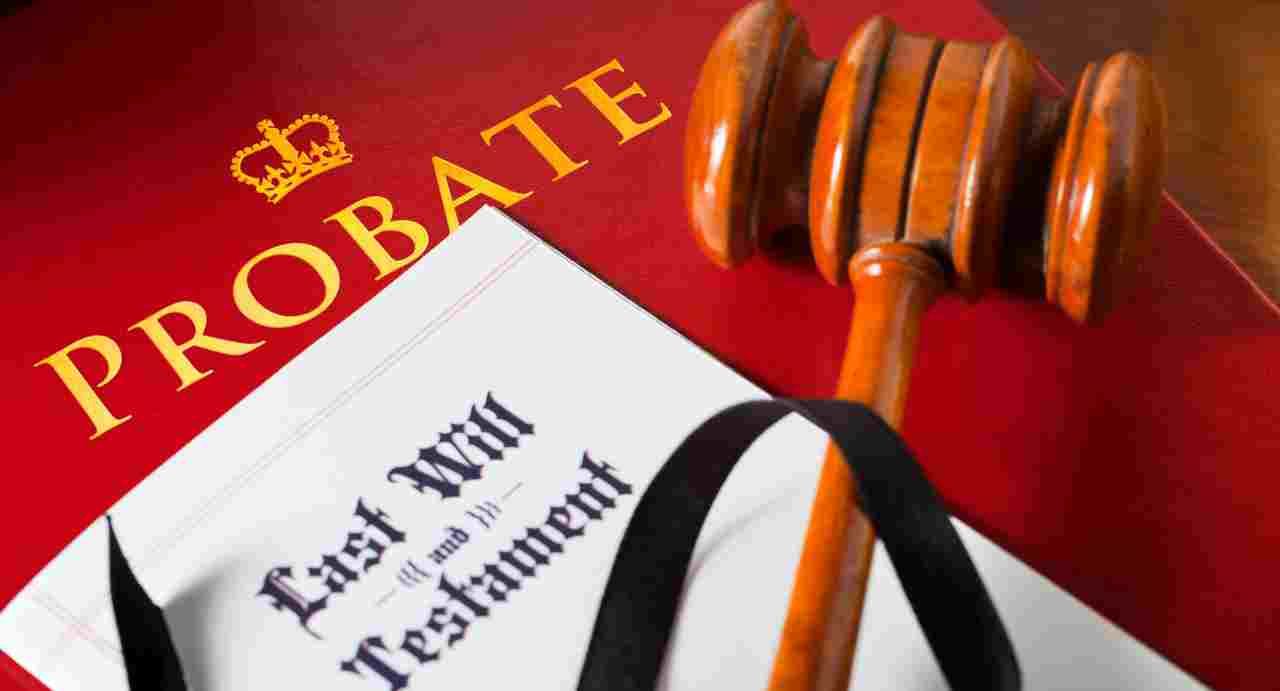
Managing Debt in Nigeria: Legal Realities, Risks, and Precautions
Debt is the lifeblood of commerce. It fuels investment, sustains operations, and enables growth across industries. Yet, in Nigeria, debt recovery remains one of the most daunting challenges businesses face. While the law provides clear avenues for creditors to enforce repayment, the practical realities—from judicial delays to debtor evasiveness— often frustrate even the most diligent efforts. For businesses and individuals extending credit, understanding how debt works, the risks involved, and the precautions to take is not just prudent—it is essential.
At Ace & Vanguard Legal Practitioners, we have seen first-hand how debt disputes can cripple businesses. This article explores debt recovery in Nigeria, outlining the legal framework, the commercial realities, and, most importantly, the strategies creditors can adopt to protect their interests.
Understanding Debt in the Nigerian Context
Legally, debt is a specific, liquidated sum of money owed by one party (the debtor) to another (the creditor), usually arising from a contract, loan agreement, or commercial transaction. Common sources include:
- Commercial loans from banks or microfinance institutions.
- Trade credit for goods or services supplied on deferred payment.
- Personal loans, often informal or undocumented.
- Credit purchases in real estate, vehicles, or electronics.
For a debt to be enforceable in law, it must meet three conditions:
- The amount must be certain and due.
- The due date must have passed.
- The obligation must arise from a valid agreement or transaction.
The Legal Framework for Debt Recovery in Nigeria
Debt recovery is governed by civil law, statutory provisions, and judicial precedents. Key options available to creditors include:
1. Civil Action
Creditors may sue debtors in the High Court or Federal High Court, depending on the transaction. Actions can be commenced by writ of summons, or under the undefended list procedure if no substantial facts are in dispute.
2. Summary Judgment
Where there is no valid defence, courts may grant swift judgment under procedures such as Order 13 of the Lagos High Court Rules 2019. This helps avoid protracted trials.
3. Pre-Judgment Remedies
Creditors may apply for:
- Mareva Injunctions: freezing debtor assets.
- Anton Piller Orders: allowing search and seizure of evidence to prevent fraud.
4. Contracted
Where contracts include arbitration or mediation clauses, parties must often resolve disputes outside court. Arbitration offers speed, confidentiality, and enforceability, though awards may still need judicial recognition.
5. Enforcement of Judgment
Securing judgment is only half the battle; enforcement is often tougher. Options include:
- Writ of Fieri Facias (FiFa): Seizing debtor property.
- Garnishee Proceedings: Freezing bank accounts to recover funds.
- Writ of Sequestration: Against disobedient debtors.
- Bankruptcy/Winding-up Proceedings: Against individuals or companies unable to pay.
Challenges in Debt Recovery
- Judicial Delays – Courts are congested, and cases drag on for years due to adjournments and inefficiencies.
- Debtor Evasion – Debtors frequently hide or dissipate assets. Nigeria lacks a Central Asset Registry, making tracing difficult.
- High Cost of Litigation – Legal fees and enforcement costs can exceed the debt itself in low-value matters.
- Weak Enforcement – Even with judgments, enforcement is often resisted by debtors, sometimes requiring further legal steps.
- Regulatory Hurdles – For example, garnishee proceedings against public sector funds require Central Bank of Nigeria (CBN) consent.
The Commercial Impact of Debtors on Businesses
Unpaid debts affect more than just the balance sheet. They:
- Reduce cash flow, making it difficult to pay suppliers and staff.
- Increase liabilities, as businesses borrow more to cover gaps.
- Affect credit ratings, reducing future access to financing.
- Create operational strain, distracting management from growth to focus on recovery.
Precautions and Best Practices for Creditors
In our experience at Ace & Vanguard, the best debt recovery strategy is prevention. Creditors should adopt these safeguards:
- Due Diligence – Before extending credit, assess the debtor’s financial capacity and history. Verify company records at the Corporate Affairs Commission (CAC) and consult credit bureaus.
- Proper Documentation – Contracts, invoices, delivery notes, and payment receipts must be clear and enforceable. Verbal agreements often fail in court.
- Security for Credit – Use collateral such as land, vehicles, or personal guarantees. For corporate debt, register charges at the CAC under BED to secure priority rights.
- Dispute Resolution Clauses – Include arbitration or mediation provisions in contracts. ADR offers faster, cost-effective solutions compared to prolonged litigation.
- Leverage Technology – Fintech and blockchain tools can help track payments, enforce contracts digitally, and create transparent debtor profiles.
- Engage Legal Experts Early – Lawyers can structure agreements to minimize risks and act swiftly when defaults occur. Pre-action debt recovery letters from counsel often prompt settlement.
Navigating the Debt Recovery Process: Practical Guidance
When faced with a default, creditors should:
- Issue a Letter of Demand – Often the first step; it signals seriousness.
- Negotiate or Mediate – Explore repayment plans before litigation.
- File Action Promptly – Where evasion persists, sue without delay to prevent asset dissipation.
- Seek Injunctions – Apply to secure debtor assets.
- Pursue Judgment Enforcement – Through garnishee orders, FiFa, or winding-up proceedings.
The Future of Debt Recovery in Nigeria
For Nigeria’s credit culture to improve, systemic reforms are vital. These include:
- Establishing a Central Asset Registry to trace debtor assets.
- Digitizing court processes for speed and transparency.
- Creating specialized debt recovery courts to reduce backlog.
- Expanding adoption of Alternative Dispute Resolution mechanisms.
Until then, creditors must combine legal vigilance with commercial pragmatism.
Conclusion
Debt recovery in Nigeria is as much about law as it is about strategy. While the legal framework—rooted in civil actions, injunctions, arbitration, and enforcement mechanisms—is comprehensive, commercial realities such as judicial inefficiencies and asset evasion complicate enforcement.
At Ace & Vanguard Legal Practitioners, our advice is simple: prevention is better than cure. Secure your credit transactions with documentation, collateral, and clear dispute resolution mechanisms. Where recovery becomes necessary, act swiftly, strategically, and with professional guidance.
Ultimately, effective debt management is not just about recovering money owed—it is about protecting your business’s future.

Sam Akpologun
Principal Partner
Need help? Contact me
info@acenvanguard.com



